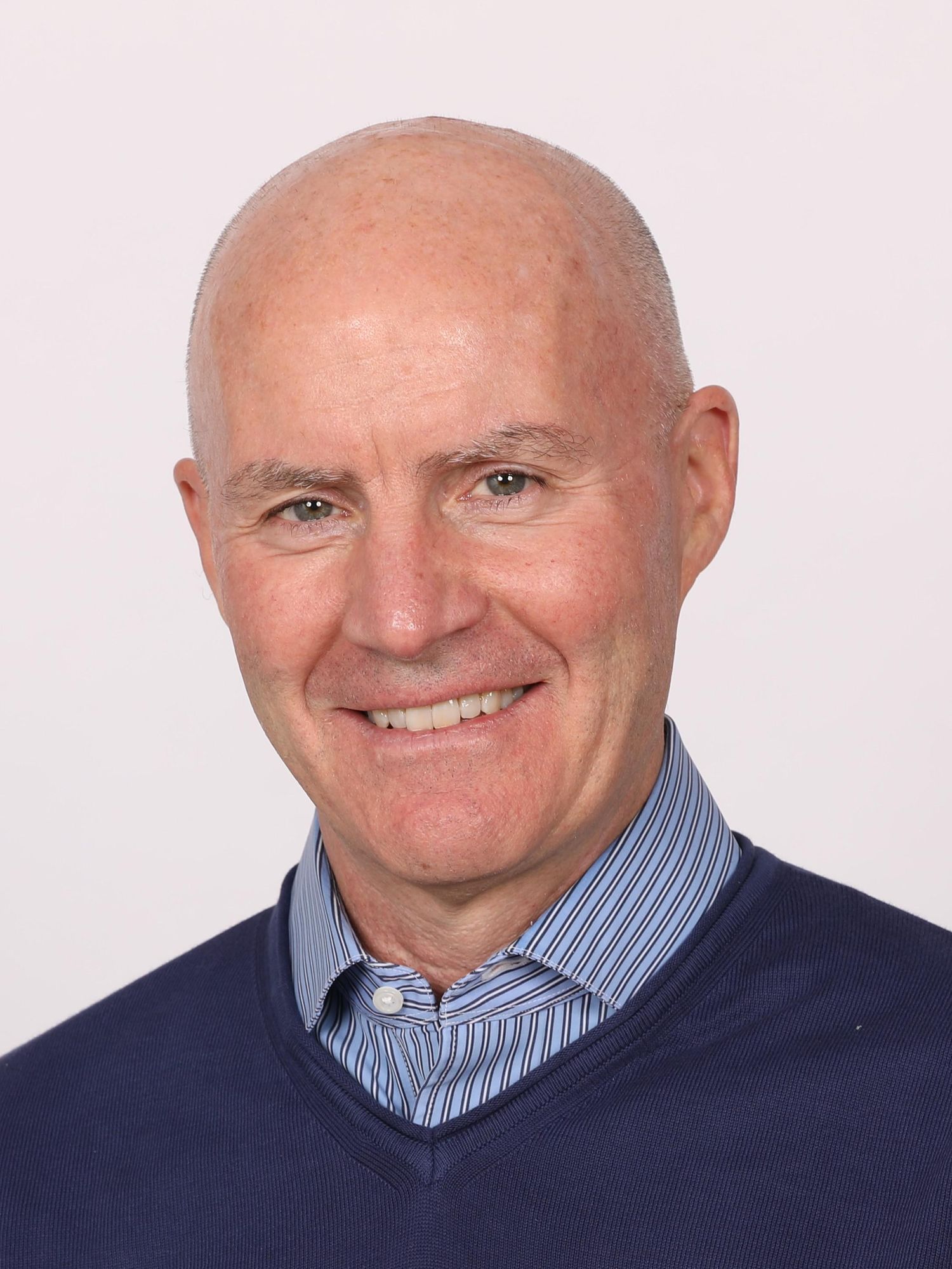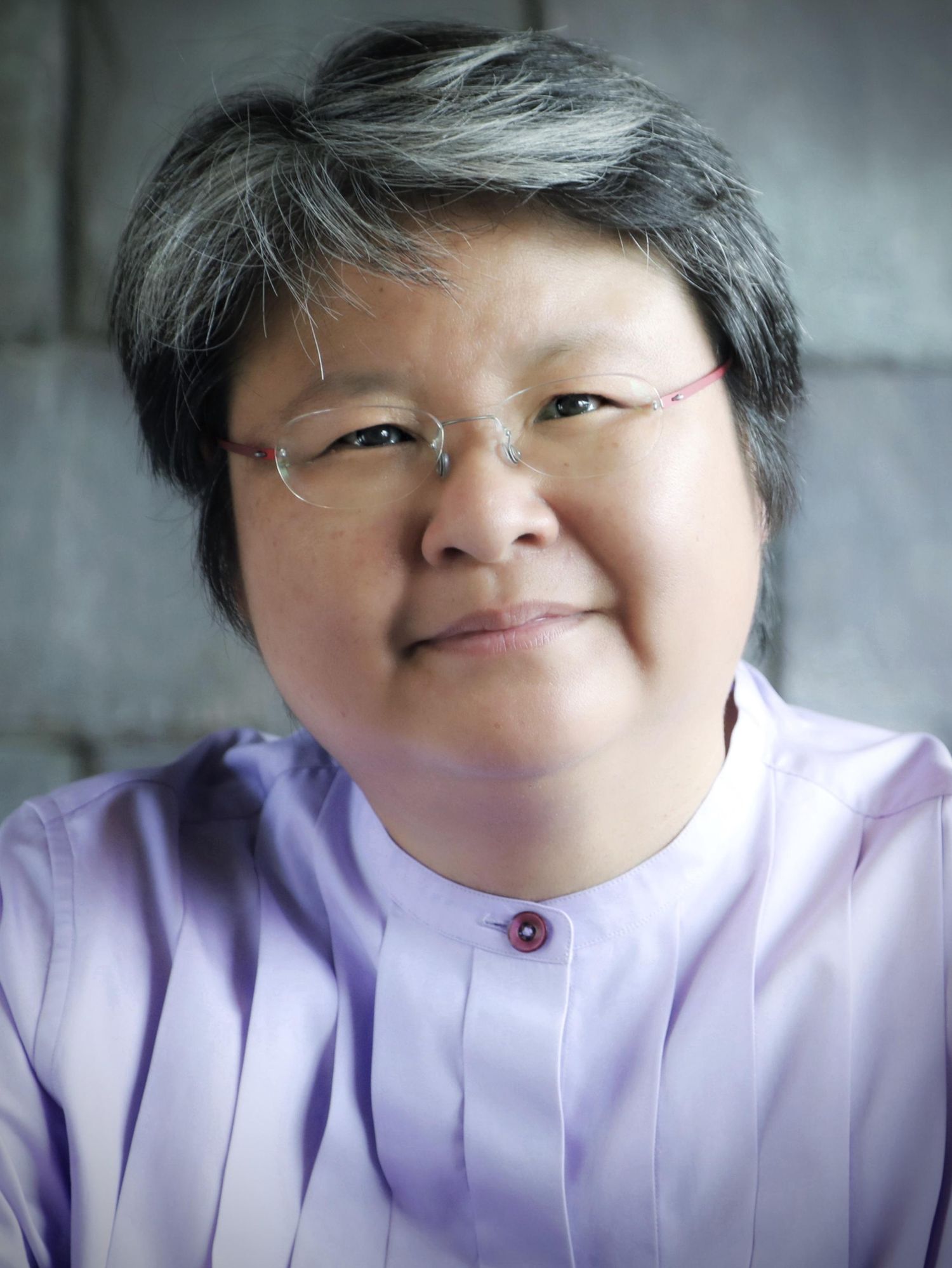Agoura Hills-based clinical biopharmaceutical company Acelyrin went public on the NASDAQ markets May 5, securing one of Los Angeles’ most valuable initial public offerings in two years.
The IPO priced Acelyrin’s 34.5 million shares at $18 apiece, netting the company $621 million. It is now trading under the symbol SLRN.
The listing was not only the largest in Los Angeles, but also nationwide – second only to Irvine-based electric automaker Rivian’s massive $12 billion IPO in November 2021. It’s also larger than any of the biotech IPOs that happened last year.
Acelyrin was founded by CEO Shao-Lee Lin in July 2020. Instead of creating its own drugs, Acelyrin is in the business of acquiring, developing and commercializing medicines.
Its main product is a drug called Izokibep which is currently in clinical trials. According to Acelyrin, Izokibep can treat a number of issues including psoriatic arthritis (arthritis that people with the autoimmune disease psoriasis sometimes develop), uveitis (a condition in which the middle layer of the eyeball gets inflamed), and hidradenitis suppurativa, a skin issue that causes small painful lumps to grow underneath skin.
Lin wasn’t available to comment, but told the Wall Street Journal about the IPO timing, “it seemed like the right time to approach the public markets and present our story.” Lin also said she thought Acelylrin’s stable of drugs was strong enough that it could successfully weather the public markets.
While the U.S.’ IPO market remains pretty stagnant, biotechnology companies are showing more activity than other sectors. Startups across the board are both seeing fewer exits and less value from them, and both investors and founders are extra cautious about sending startups out to rickety public markets.
Morgan Stanley recently predicted that the healthcare industry – specifically, pharmaceutical companies looking to acquire new biotech businesses and their patents – are poised to weather the mild recession coming out of the global COVID-19 pandemic. In 2022 only 22 biotech companies went public, compared to 110 in 2021, according to NASDAQ.
It remains to be seen if this IPO is indicative of a larger trend of biotech firms embracing public markets again. But Acelyrin’s public debut is notable because it actually upsized its offering because of investor and underwriter demand, adding roughly 50% more shares than the original 20.6 million.
Now valued at $2.1 billion, Acelyrin was quickly scooping up venture and private equity funding prior to the IPO. It raised roughly $558 million before going public, including in Series B and C rounds worth more than $100 million in 2021 and 2022. One of Acelyrin’s backers is Westlake Village BioPartners, a repeat investor based on the border of LA and Ventura Counties.
In its first day of trading last Friday, Acelyrin saw its share price climb 30%. As of this writing, it’s now up about 1.2% to nearly $25 per share.



